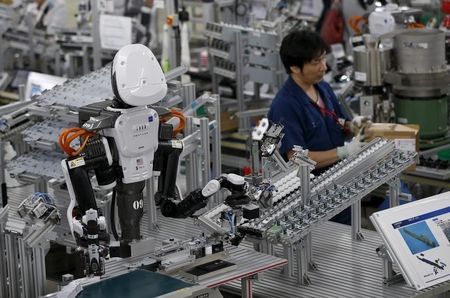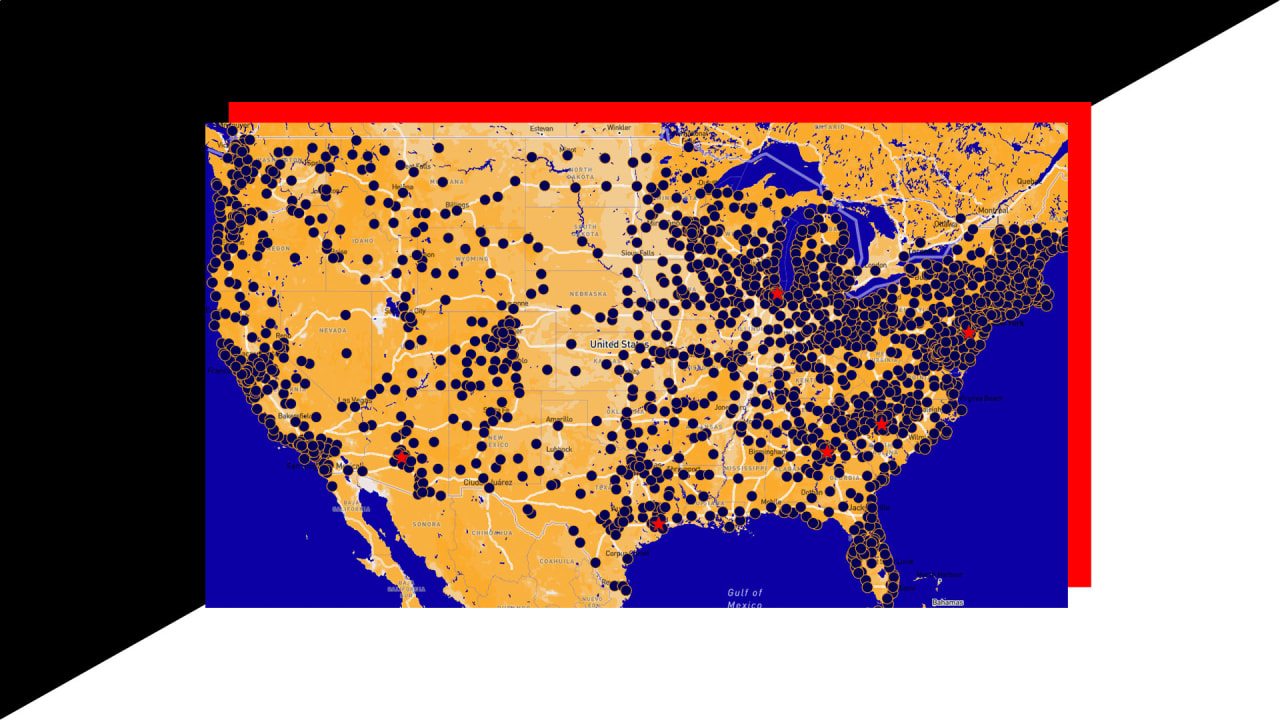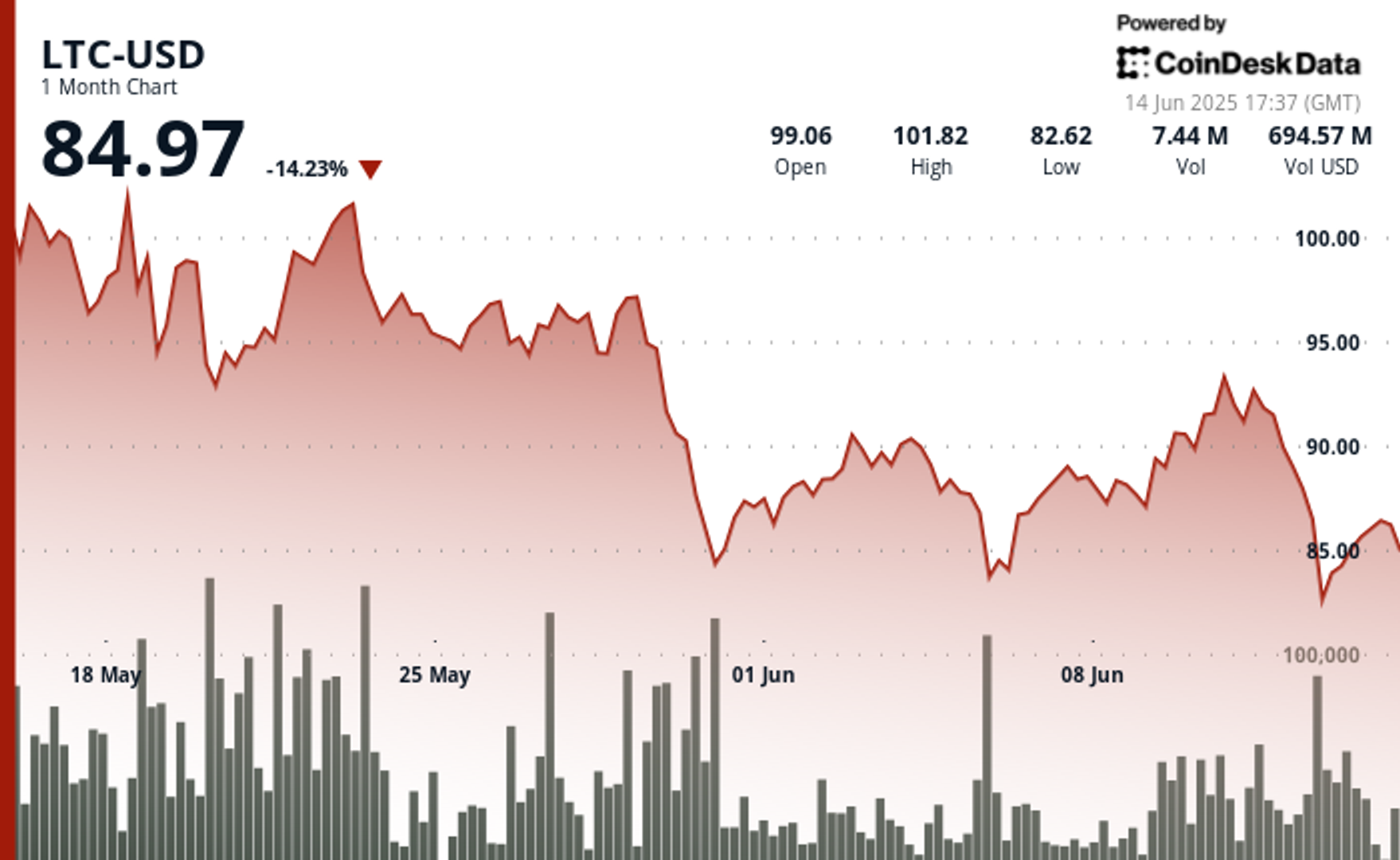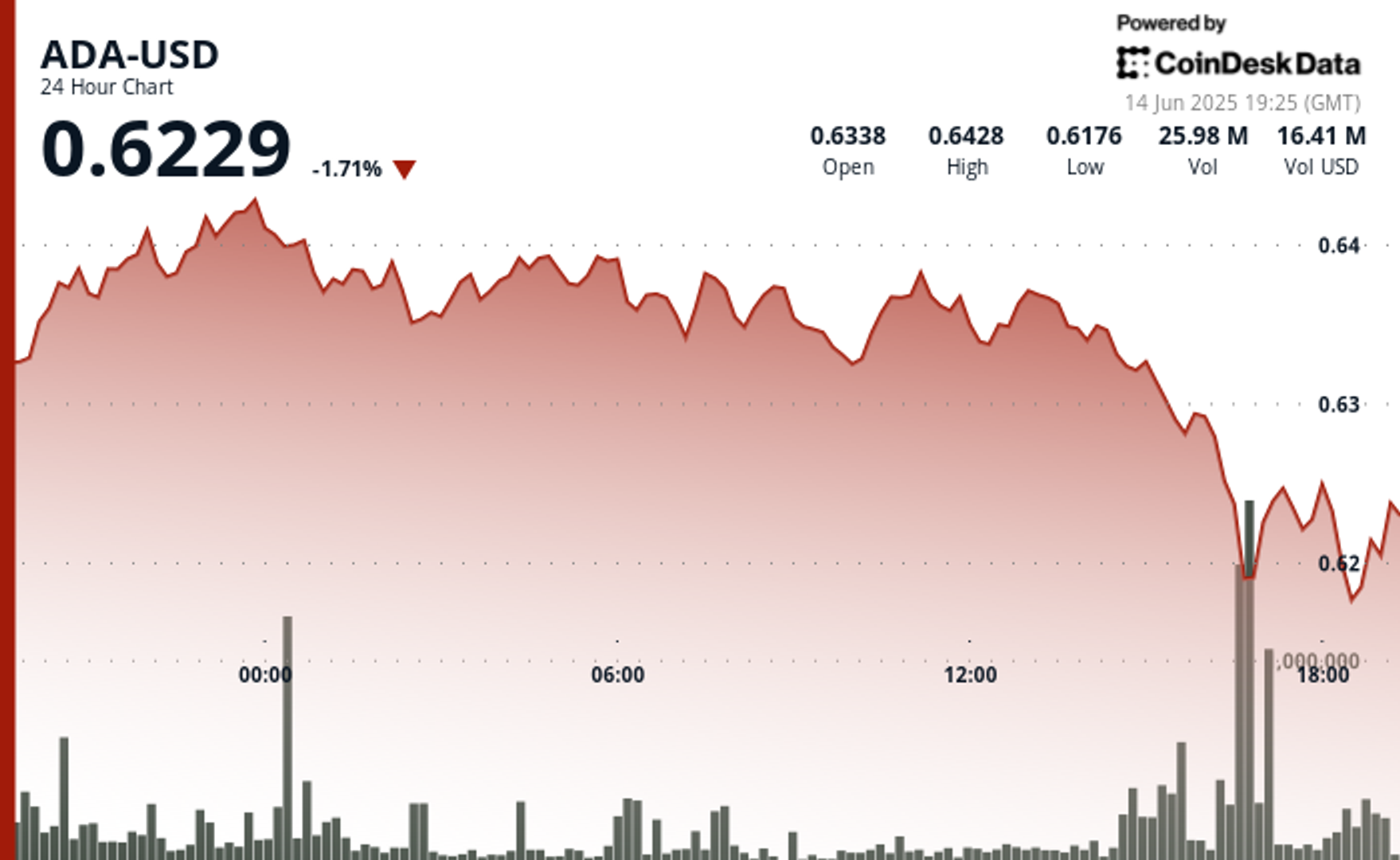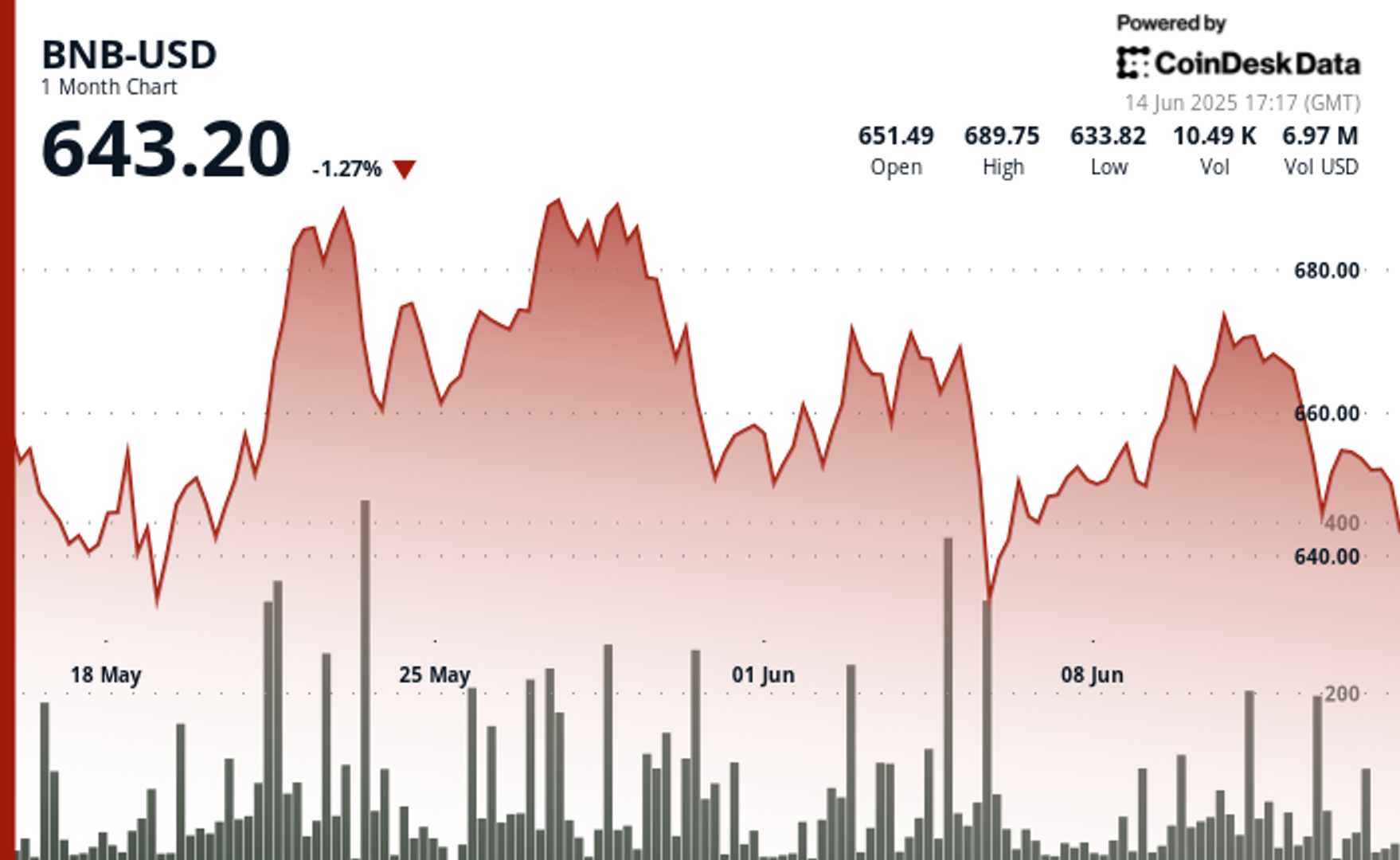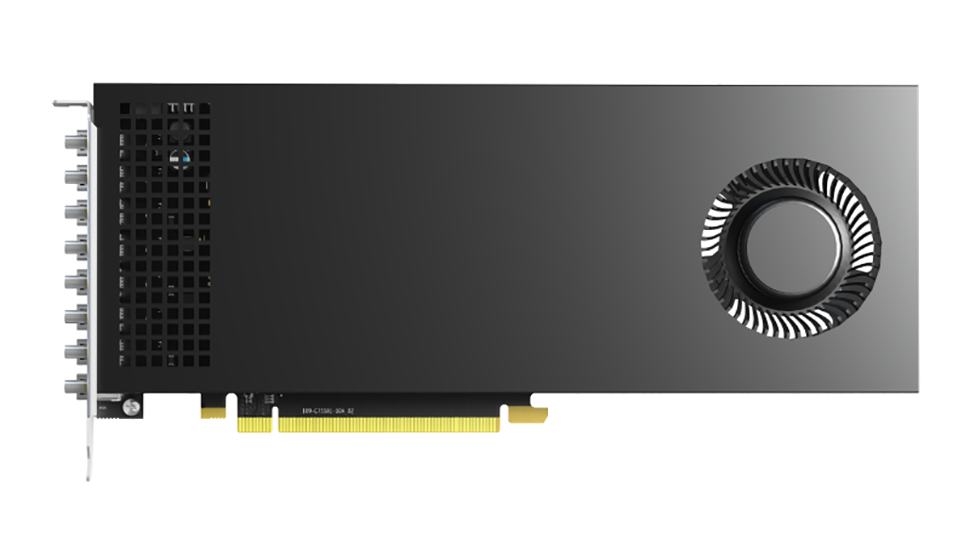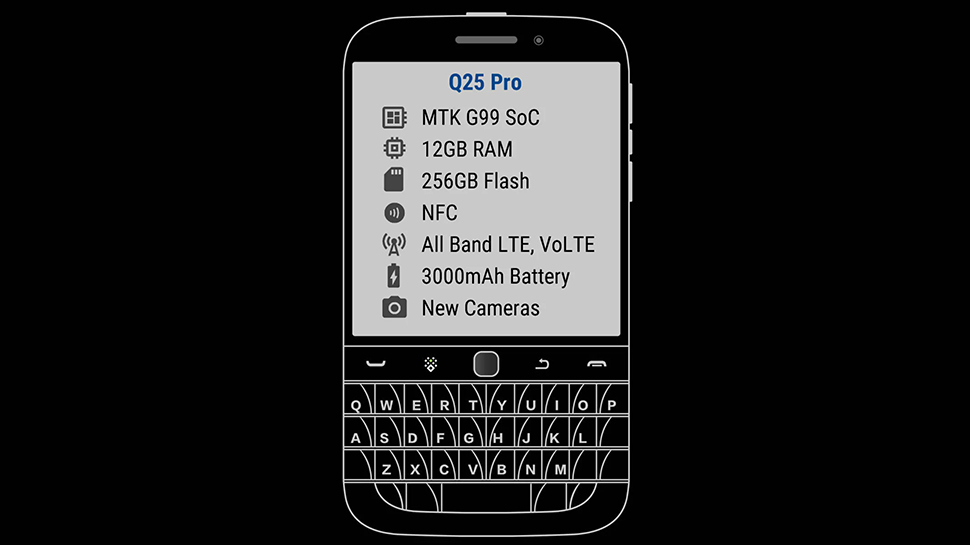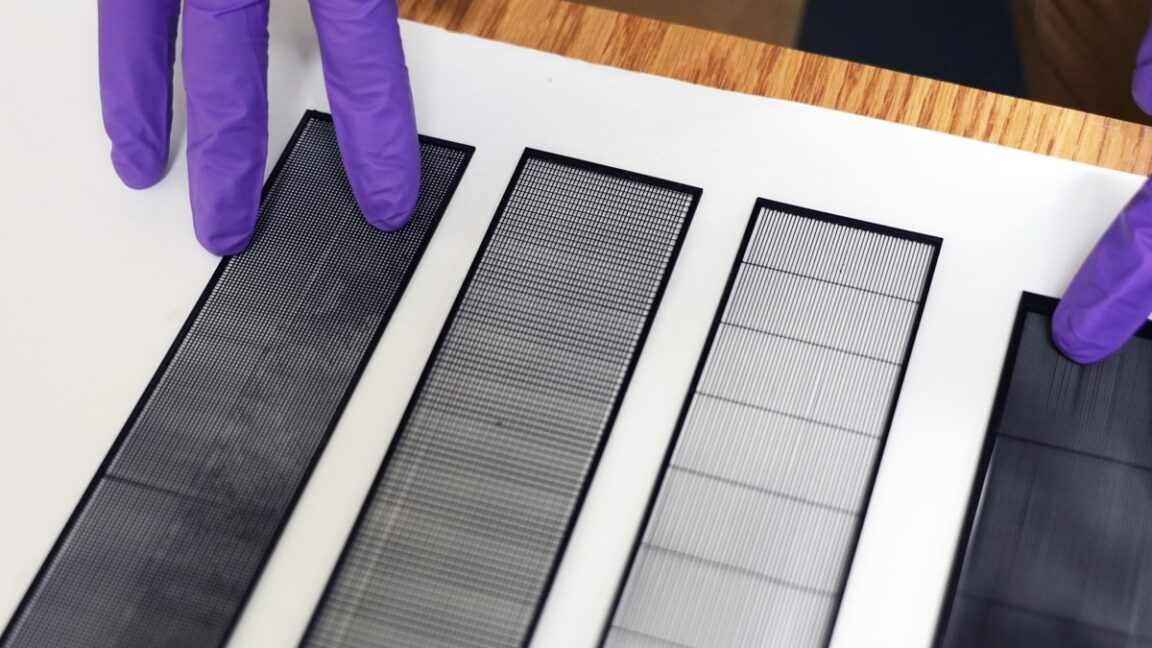Chinese AI Companies Dodge US Chip Curbs Flying Suitcases of Hard Drives Abroad
An anonymous reader quotes a report from the Wall Street Journal: Since 2022, the U.S. has tightened the noose around the sale of high-end AI chips and other technology to China overnational-security concerns. Yet Chinese companies have made advances using workarounds. In some cases, Chinese AI developers have been able to substitute domestic chips for the American ones. Another workaround is to smuggle AI hardware into China through third countries. But people in the industry say that has become more difficult in recent months, in part because of U.S. pressure. That is pushing Chinese companies to try a further option: bringing their data outside China so they can use American AI chips in places such as Southeast Asia and the Middle East (source paywalled; alternative source). The maneuvers are testing the limits of U.S. restrictions. "This was something we were consistently concerned about," said Thea Kendler, who was in charge of export controls at the Commerce Department in the Biden administration, referring to Chinese companies remotely accessing advanced American AI chips. Layers of intermediaries typically separate the Chinese users of American AI chips from the U.S. companies -- led by Nvidia -- that make them. That leaves it opaque whether anyone is violating U.S. rules or guidance. [...] At the Chinese AI developer, the Malaysia game plans take months of preparation, say people involved in them. Engineers decided it would be fastest to fly physical hard drives with data into the country, since transferring huge volumes of data over the internet could take months. Before traveling, the company's engineers in China spent more than eight weeks optimizing the data sets and adjusting the AI training program, knowing it would be hard to make major tweaks once the data was out of the country. The Chinese engineers had turned to the same Malaysian data center last July, working through a Singaporean subsidiary. As Nvidia and its vendors began to conduct stricter audits on the end users of AI chips, the Chinese company was asked by the Malaysian data center late last year to work through a Malaysian entity, which the companies thought might trigger less scrutiny. The Chinese company registered an entity in Kuala Lumpur, Malaysia's capital, listing three Malaysian citizens as directors and an offshore holding company as its parent, according to a corporate registry document. To avoid raising suspicions at Malaysian customs, the Chinese engineers packed their hard drives into four different suitcases. Last year, they traveled with the hard drives bundled into one piece of luggage. They returned to China recently with the results -- several hundred gigabytes of data, including model parameters that guide the AI system's output. The procedure, while cumbersome, avoided having to bring hardware such as chips or servers into China. That is getting more difficult because authorities in Southeast Asia are cracking down on transshipments through the region into China. Read more of this story at Slashdot.

Read more of this story at Slashdot.





![X Highlights Back-To-School Marketing Opportunities [Infographic]](https://imgproxy.divecdn.com/dM1TxaOzbLu_kb9YjLpd7P_E_B_FkFsuKp2uSGPS5i8/g:ce/rs:fit:770:435/Z3M6Ly9kaXZlc2l0ZS1zdG9yYWdlL2RpdmVpbWFnZS94X2JhY2tfdG9fc2Nob29sMi5wbmc=.webp)


























